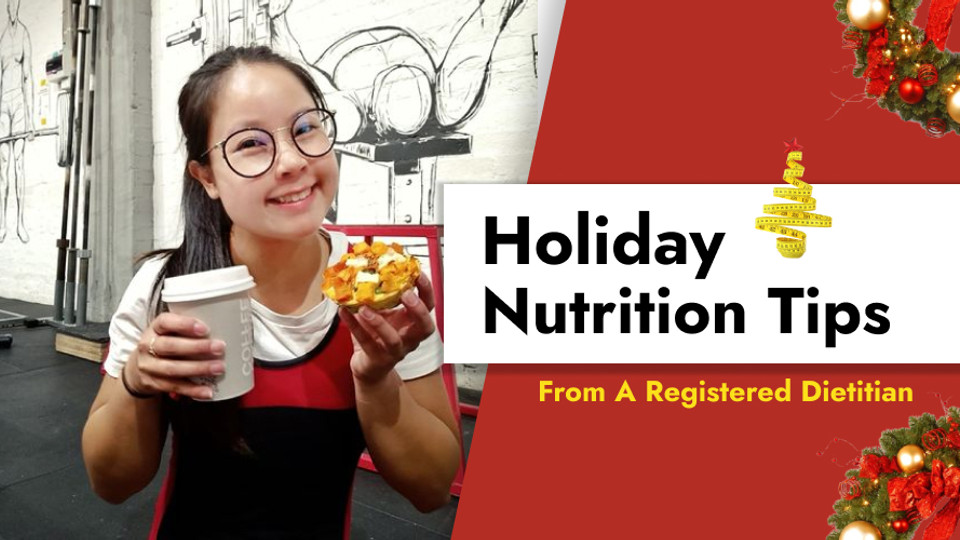
If you’re going to gain weight anyways, should you just splurge and give up on your fat loss goals until 2022? You can, but may I suggest a third option; pausing your fat loss goals and focusing on maintenance.
In the grand scheme of things, an extra couple hundred grams doesn’t make a huge difference. However, most people don’t lose this weight down the track. It is cumulative weight gain during adulthood that can increase your risk of heart disease and type 2 diabetes later in life.
We also know that yo-yo dieting, the act of gaining and losing weight rapidly, also results in poorer metabolic, cardiovascular and mental health. Instead, shifting your focus onto minimising weight gain during the holidays allows you to still enjoy the festive season and retain your hard-earned progress.
1. Be aware that most people tend to overeat in group settings
Research shows if the people around you overeat, so do you. In fact, it has been shown that people eat on average 44% more in groups than if they ate alone. This is due to many factors including meals with others being longer in duration which increases the amount of food eaten and the relaxing nature of group meals which can cause lower dietary restraint.[1]
The solution – tune out other people’s plate and tune into your own hunger and fullness cues. Check in with your hunger cues halfway through the meal and every Try to.
2. Allow yourself to enjoy the food but don’t treat the entire holiday period as a blow-out period
Oftentimes, celebratory eating and drinking can extend further than just Christmas dinner. Sometimes drinks in December drift out well into mid-January and it can be hard to get back into routine again. Keep a regular meal time routine during the holiday period and create clear boundaries about which occasions you intend to splurge on a few drinks or extra desserts at.
3. Create a balanced plate
Often when we have the option of building our own plate at an event, we get a little over-excited and grab the first thing that looks good. Have a look around, choose a protein, carb and veggies. Remember the plate method and start with ½ plate of vegetables, add on ¼ plate of protein-rich foods and leave the other ¼ of starchy foods or fun foods.
4. Say yes to the foods that excite you and no to the foods that don’t
Fill up a plate with a variety of colours and take your time to enjoy what you’ve chosen. You can go back for seconds if you desire, but you don’t have to continue eating if you don’t want to. Having a full plate often feels more satisfying than going through multiple half-empty plates.
5. Put your phone down
Studies show that when you are distracted, you eat more. The main reason for this is that distracted eating interferes with your ability to remember your meals. The disruption to the vividness of your memory of a meal leads to increased energy intake at your next mealtime.[2]



